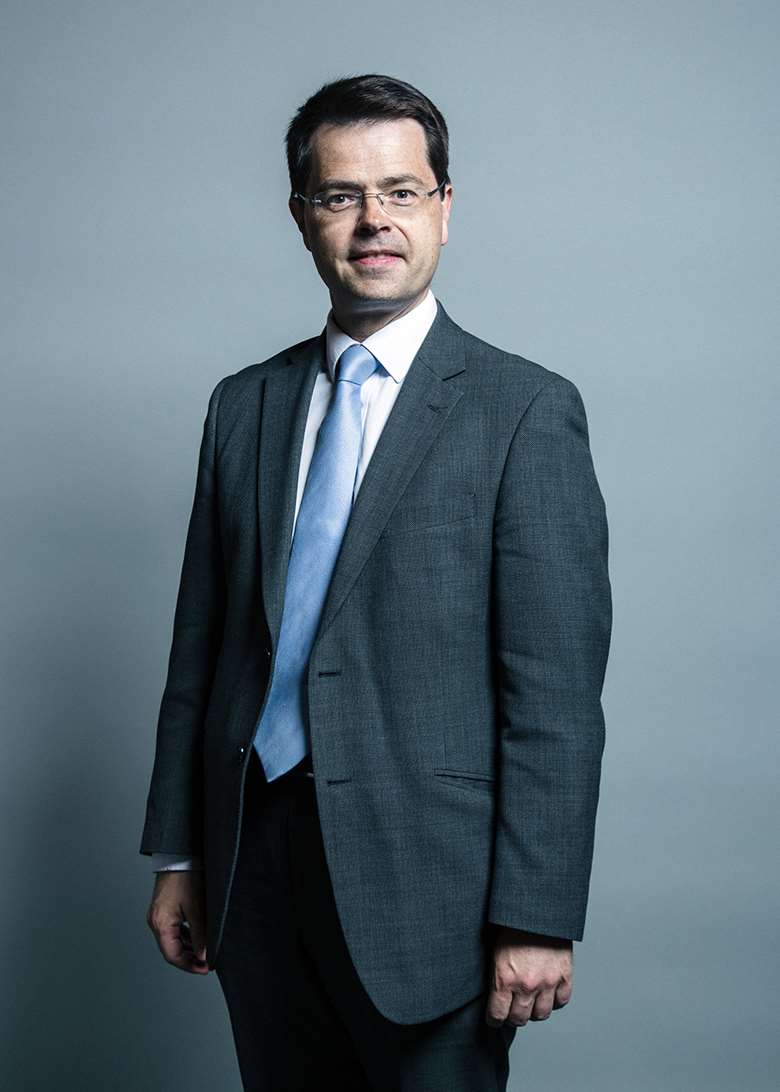Troubled Families Programme 'cuts number of children in care'
Joanne Parkes
Wednesday, March 20, 2019
The government's Troubled Families Programme is cutting numbers of children in care by up to a third, new analysis from the Ministry of Housing, Communities and Local Government suggests.

The update is among a number of findings published in the National evaluation of the Troubled Families Programme 2015-2020, which also reports reduced numbers of juveniles receiving custodial sentences.
The analysis compares families involved in the scheme to a control group which was not given the specialist help.
This includes support such as family coaching, domestic abuse interventions and positive activities for children and young people.
"The most striking finding is that the programme appears to have reduced the proportion of looked-after children," the report states, adding: "2.5 per cent of the comparison group were looked after compared with 1.7 per cent of the programme group, a 32 per cent difference for this cohort at 19 to 24 months after joining the programme.
"The impact on those on the programme is likely to have huge benefits to children's lives, contributes to managing children's social care pressures and provides significant savings."
According to the report, the encouraging results are consistent with the findings of a survey of staff, which found that 90 per cent of keyworkers "believe the programme is successful in helping families avoid statutory intervention".
It continues: "Case study research also noted that children's social care services were collaborating with early help teams to reduce the burden on social workers and deliver better outcomes for families."
Reporting on juvenile detention, it states that there were 38 per cent fewer after 24 months in the programme - with 0.5 per cent in this category, compared with 0.8 per cent in the control group.
The programme, launched by then Prime Minister David Cameron following the 2011 London riots, began work in April 2012 and was expanded in 2015 with an aim to reach 400,000 families.
It has previously faced criticism for its "accusatory" tone and also for being ineffective, with experts questioning Department for Communities and Local Government claims in March 2015 that 105,000 families had been "turned around" and £1.5bn of public money saved.
In a speech given yesterday, Communities Secretary James Brokenshire suggested the scheme could be rebranded.
"So we need something which better recognises its objective of creating stronger families," said Brokenshire.
Brokenshire also said he wanted to see a particular focus on knife crime in the future.
The new analysis has been broadly welcomed by the sector, with calls for the funding to continue beyond 2020.
Stuart Gallimore, Association of Directors of Children's Services president, said despite previous claims being challenged, he was in "no doubt that it is getting real results in lots of local areas".
"Whole-family and multi-agency working is also being strengthened. The pressures we face in children's services are such that much-needed funding for this programme is currently propping up our efforts to act early and offer support before families reach crisis point," he added.
"The looming cliff edge of this funding ending in 2020 is very real, and very worrying. We need urgent assurances from government about the future of the programme."
Tom McBride, director of evidence at the Early Intervention Foundation, urged the government to use the forthcoming spending review to continue to "invest in high-quality, targeted support for vulnerable families" to help improve children's life chances.
McBride praised the government's efforts to "rigorously evaluate" the scheme, adding: "Most government initiatives are not well evaluated - which doesn't mean they don't work, but it does mean we don't know."




